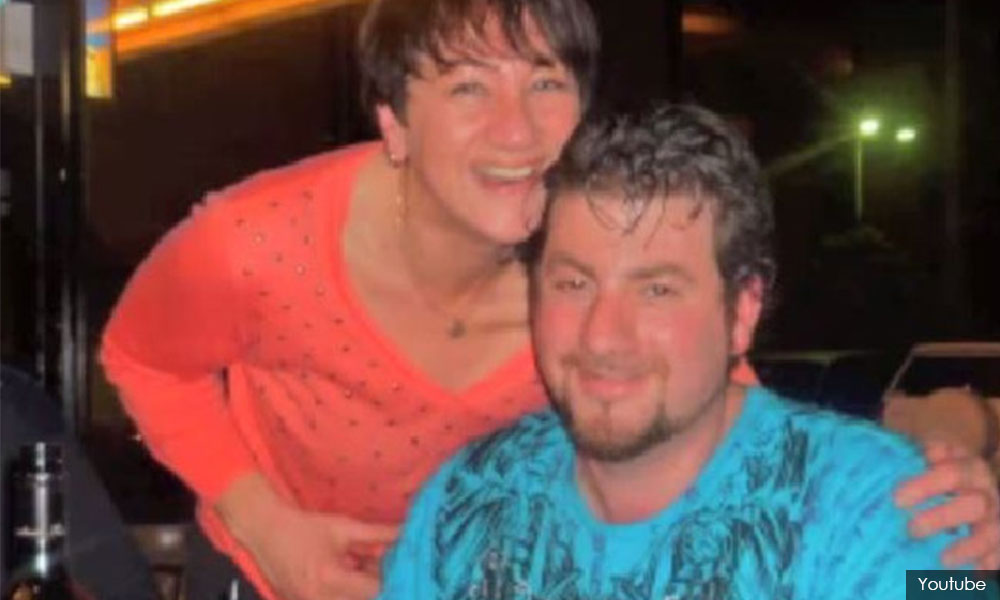
The comestic surgery centre embroiled in the controversial death of an Australian patient has defended the treatment it had provided.
The Beverly Wilshire Medical Centre (BWMC) said that its doctors and support staff had given their best medical and surgical care to Leigh Aiple when they treated him in April 2014.
"Necessary steps to prevent and minimise possible risks had been taken including the
prevention of deep vein thrombosis," Dr M Nasir Zahari, the surgeon who operated on Aiple, said in a statement on behalf of the medical centre.
prevention of deep vein thrombosis," Dr M Nasir Zahari, the surgeon who operated on Aiple, said in a statement on behalf of the medical centre.
Aiple (right in photo) had died two weeks after he underwent two surgeries at the BWMC.

While being treated, he had reportedly suffered a complicated recovery including ruptured wounds.
A report by a coroner in Victoria released on Dec 4 this year, implied that the standard of care at the Beverly Wilshire was well below what is practiced in Australia.
Nasir (photo), who graduated from Edinburgh's Royal College of Surgeons (FCRS) and has 18 years experience, said he had fully explained to Aiple prior to the surgery with regard to the procedures, post-operative care, and the possible risks and complications.

He added that both he and the BWMC had given their full cooperation with the Australian authorities, and extended their sympathies to Aipel's next-of-kin.
However, they declined to comment further as they have yet to receive a copy of the findings.
Besides questioning the standard of care provided by Nasir and the BWMC, the Australian coroner's report had also noted several differing views between the surgeon and Mark Ashton, the former head of plastic surgery at the Royal Melbourne Hospital.
For one, Nasir in the report considered that Aipel only faced a "moderate risk" of blood clots and assigned him a low dosage of medication to avoid bleeding.
However, both Ashton and medical literature that the surgeon cited to defend his dosage of medicine, placed Aipel in a high-risk category due to being overweight at 124kg.
The literature cited by Nasir also suggested that the dosage used was only half of what should have been prescribed.
It also noted that the patient should have been under close observation for the first four weeks and be advised against long car rides or flights.
Ashton had also noted that Aiple should have been taken back for surgery when his wounds first started to rupture and discharging him was "the very worst thing that could have been done".
Nasir, however, believed the wounds had the ability to "close spontaneously" as the rupture or dehiscence were "quite small" at 0.5cm.
Malaysiakini has contacted the Health Ministry for comment on the matter.- Mkini



No comments:
Post a Comment
Note: Only a member of this blog may post a comment.